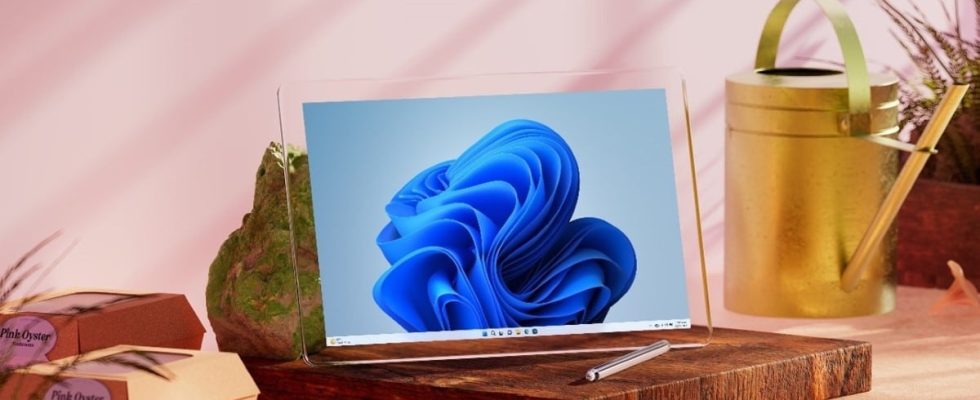Microsoft could change the very heart of its OS with Windows 12. Indeed, the Redmond firm should review its internal functioning in order to be able to use it on different platforms, even if they are not very powerful. Something that had already been tried with Windows 11.
Windows 12 is more and more talked about and today, it is its inner workings that are at the center of attention. According to Zac Bowden of Windows Central, the American firm has been working for a while on a new process for its operating system: CorePC.
Succeeding the Core OS project, this system uses the same principle, i.e. offering a “base” common to all versions of Windows in order to decline the OS on different platforms. The goal is to develop a common base, which would consist of the bare minimum in order to adapt everywhere. The focus would be on native compatibility with Win32 applications.
Windows 12 could greatly modernize Windows
With CorePC, the goal is therefore to create an infinitely modular Windows onto which different layers would be added depending on the platform. For this, Microsoft could use a very different method than in the past, i.e. splitting its OS into “states” so that you can update them separately and quickly. This is not the case with Windows 11 today.
With this innovation, it would be easier for Microsoft to port its Windows to less powerful machines, and thus compete directly with Chrome OS. It is true that today, Windows 11 on ARM machines is not necessarily the most complete, this would no longer be the case with CorePC. One can imagine many other applications. Windows Central indicates that a less greedy version of this new Windows works in the premises of Microsoft.
The American site adds that this CorePC would use AI a lot, Microsoft’s new workhorse, and would be inspired by Apple Silicon in its operation. It will be a small revolution for Windows, which has always wanted to be available on several platforms. We remember for example Windows 8 and 10, available on both smartphone, Xbox or ARM processors. If the ecosystem seemed similar, they were actually OSes developed in parallel that technically had nothing in common. With CorePC, all of this would be unified.
Obviously, it is too late to incorporate this novelty in Windows 11, and we could therefore expect to see this structure arrive with Windows 12.
Source: Windows Central
